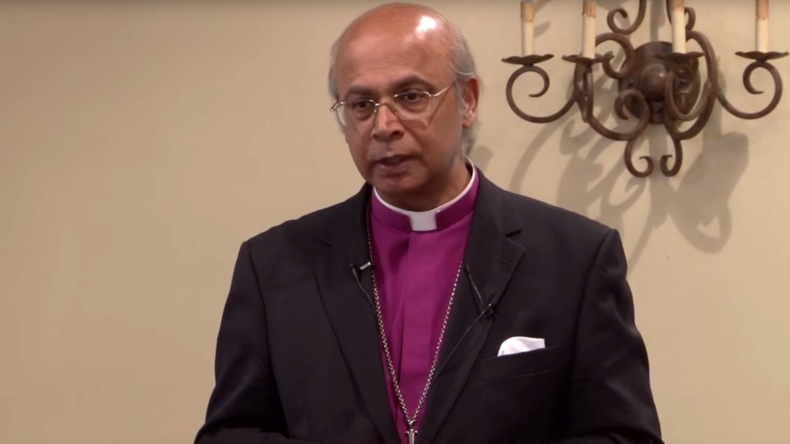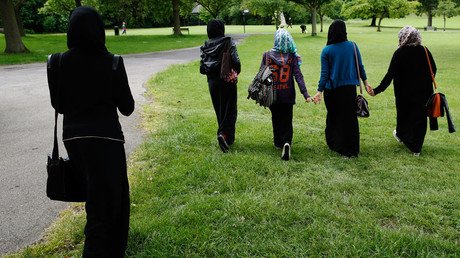‘Sharia is inherently unequal, incompatible with British law,’ bishop tells MPs

An inquiry led by the British government into Islamic law, also known as the Sharia, will fail to tackle its foundational problems, the Right Rev Dr Michael Nazir-Ali, the former Bishop of Rochester, has told MPs.
“[The inquiry] asks whether the application of Sharia is incompatible with English law when it should be asking whether Sharia is itself incompatible with English law,” Nazir-Ali wrote to the Commons Home Affairs Committee.
“If Sharia is recognised in any way in terms of the public law, it will introduce a principle of contradiction in the body of the law, which will cause enormous problems.”
According to the now director of the Oxford Centre for Training, Research, Advocacy and Dialogue, there is a “very long tradition” of equality among all people under British law, which would clash with principles expressed under Sharia law.
“The problem with Sharia is that it is inherently unequal for certain kinds of people. Muslims and non-Muslims are treated unequally. Similarly, men and women are treated unequally,” he added.
“Western law, by contrast, embraces the fundamental principle of equality of all people before the law.
“We appear to be accepting modern Islamist interpretations as the official Islamic position. In this way, we may end up with a more powerful form of Sharia law here in this country than exists in many Islamic countries.”
Nazir-Ali also criticized the committee for not including a non-Muslim expert on Islam or a human rights lawyer in the inquiry panel.
The inquiry is advised by two imams, as well as retired High Court judge Sir Mark Hedley and family lawyer Anne-Marie Hutchinson.
Also giving written evidence was Baroness Caroline Cox, who is a patron to the Christian Institute.
“There are increasing concerns that many women and girls in this country today are suffering from systematic religiously-sanctioned gender discrimination, with particular reference to the application of Sharia law operating as a parallel quasi-legal system,” she said.
“In a free society, individuals must be able to organize their affairs according to their own principles, whether religious or otherwise. However, we cannot condone situations where rulings are applied which are fundamentally incompatible with our country’s laws, values, principles and policies.”
The committee is looking into the possibility of Sharia councils being put into work in Britain. It hopes to determine the way in which they could “operate in practice, their work resolving family and divorce disputes and their relationship with the British legal system.”
A Home Office spokesman said: “The terms of reference make it clear that the review will focus on whether Sharia is being applied in a way that is inconsistent with human rights or counter to the law of the land.”













